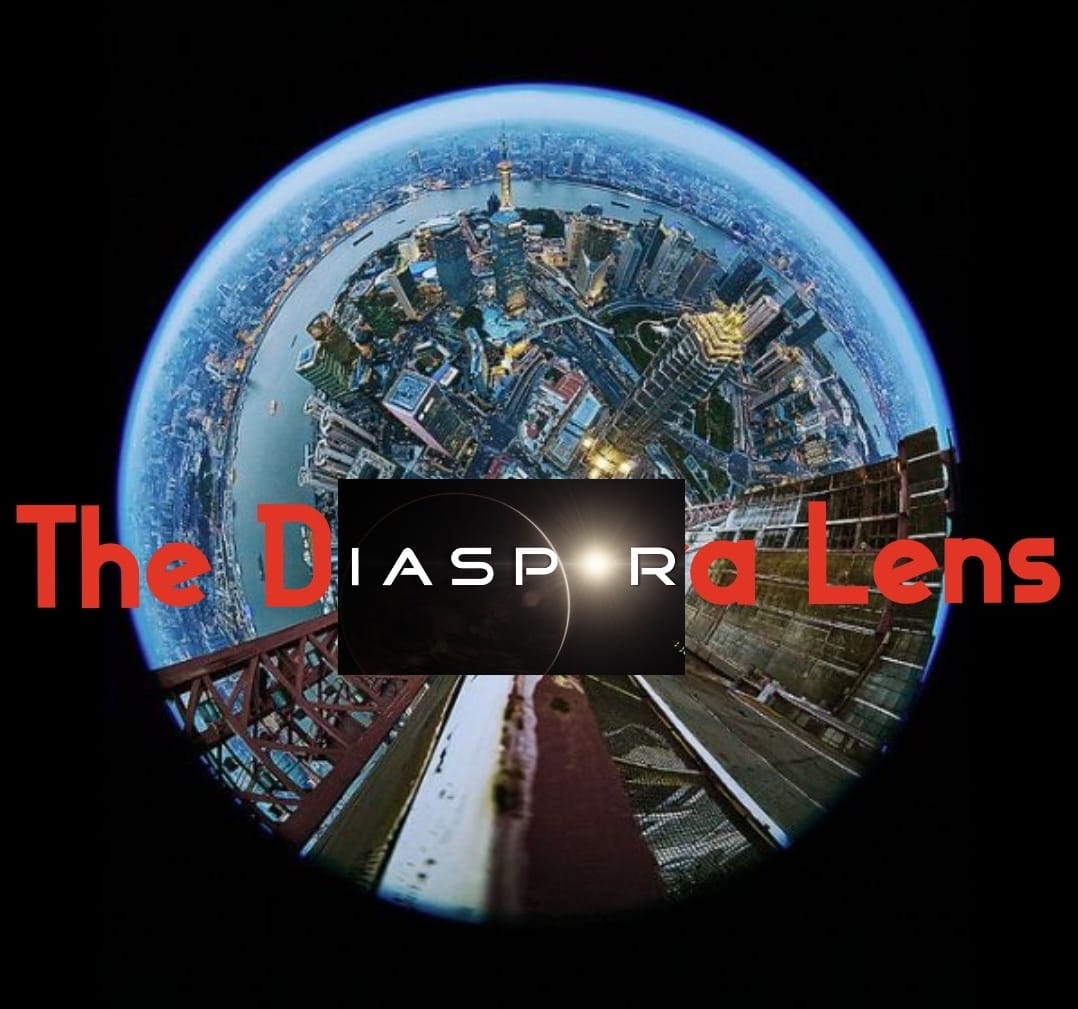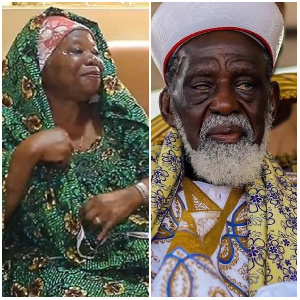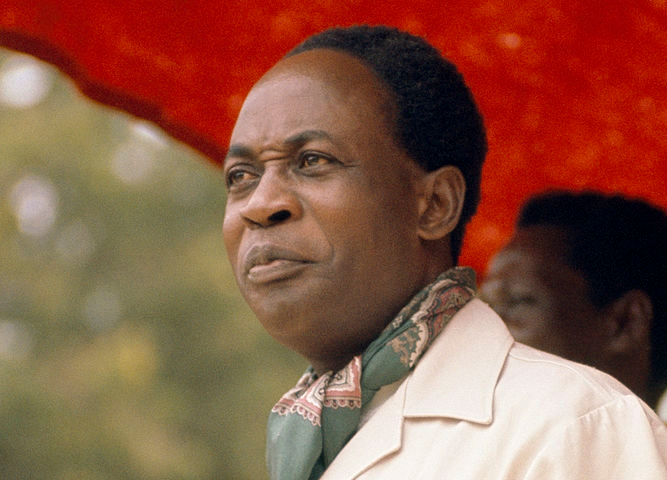Empowering Youth: The imperative for political participation and decision-making

For obvious reasons, we explore the youth and leadership in the arena of political participation in Ghana and Africa. In this article, we probe the critical role of youth in political participation and decision-making processes. Often hailed as the future leaders, the youth possess immense potential to drive change, shape policies, and contribute to the progress of their nations. However, numerous challenges hinder their effective engagement, including barriers to education, limited financial opportunities, and discriminatory social norms. By exploring the complexities of these issues and proposing thought provoking solutions, we can unlock the transformative power of youth leadership.
Globally, the youth face a paradoxical situation in their quest for political participation.
While they make up a significant portion of the population, their representation in formal political institutions remains disproportionately low. Age restrictions for parliamentary eligibility for instance is a significant barrier to political participation by the youth. Consequently, even though more than half of the world’s population is under the age of 30, according to the global organization of national parliaments, Inter-Parliamentary Union (IPU), the global proportion of MPs aged under 30 is 2.6 per cent. Such limitations coupled with the dominance of established elites perpetuate the exclusionary cycle of the youth.
Consequently, the vibrant voices and innovative ideas of young people often go unheard in decision-making processes.
Traditional political parties, plagued by dynastic influences and limited appeal, fail to captivate the imaginations of the youth. In response, young individuals across the world have sought alternative avenues to express their political aspirations. Political movements, driven by a quest for change and a desire to transcend established power structures, have emerged as powerful platforms for youth activism. In Ghana, political movements such as the “Fix the country” has provided a sanctuary for informal political youth activism. By leveraging the digital age and circumventing traditional party politics, these movements offer fresh perspectives and challenge the status quo.
Within the context of Ghana and Africa, the youth face unique challenges on their political journey. Disillusioned with polarized politics and tribal affiliations, young men and women often find themselves disconnected from traditional party structures. While universities serve as breeding grounds for political awareness, the absence of strong leadership development and exclusion from policy formulation further dampens their enthusiasm.
To empower the youth in assuming leadership roles and effecting meaningful change, a comprehensive approach is necessary. Intellectual engagement and innovative solutions can help bridge the gap between formal and informal political arenas. Political education, encompassing
critical thinking and democratic values, should be integrated into educational curricula to foster informed and active citizenship.
Additionally, youth representation can be strengthened through affirmative action measures, such as quotas and targeted policies, to ensure their voices are adequately heard in decision-making bodies. Creating platforms for dialogue between youth movements and traditional institutions facilitates a holistic approach to policy development and fosters inclusivity.
Beyond individual efforts, systemic changes are needed to break the cycle of youth exclusion. Transparent electoral processes, coupled with campaign finance reforms, will mitigate the undue influence
of money in politics, leveling the playing field for young candidates. Furthermore, public funding for elections and strict regulations on political financing will democratize the electoral landscape and reduce the financial barriers faced by the youth. Empowering the youth in political participation and decision-making processes requires a collective commitment to nurturing their potential. By addressing the challenges they face and reimagining traditional political paradigms, we can create an inclusive political landscape that harnesses their transformative power. Through intellectual engagement, innovative solutions, and a concerted effort from stakeholders, we can unlock the full potential of youth leadership and pave the way for a prosperous and equitable future.
Source: Ghana Diaspora Youth Movement (Ghadym)





